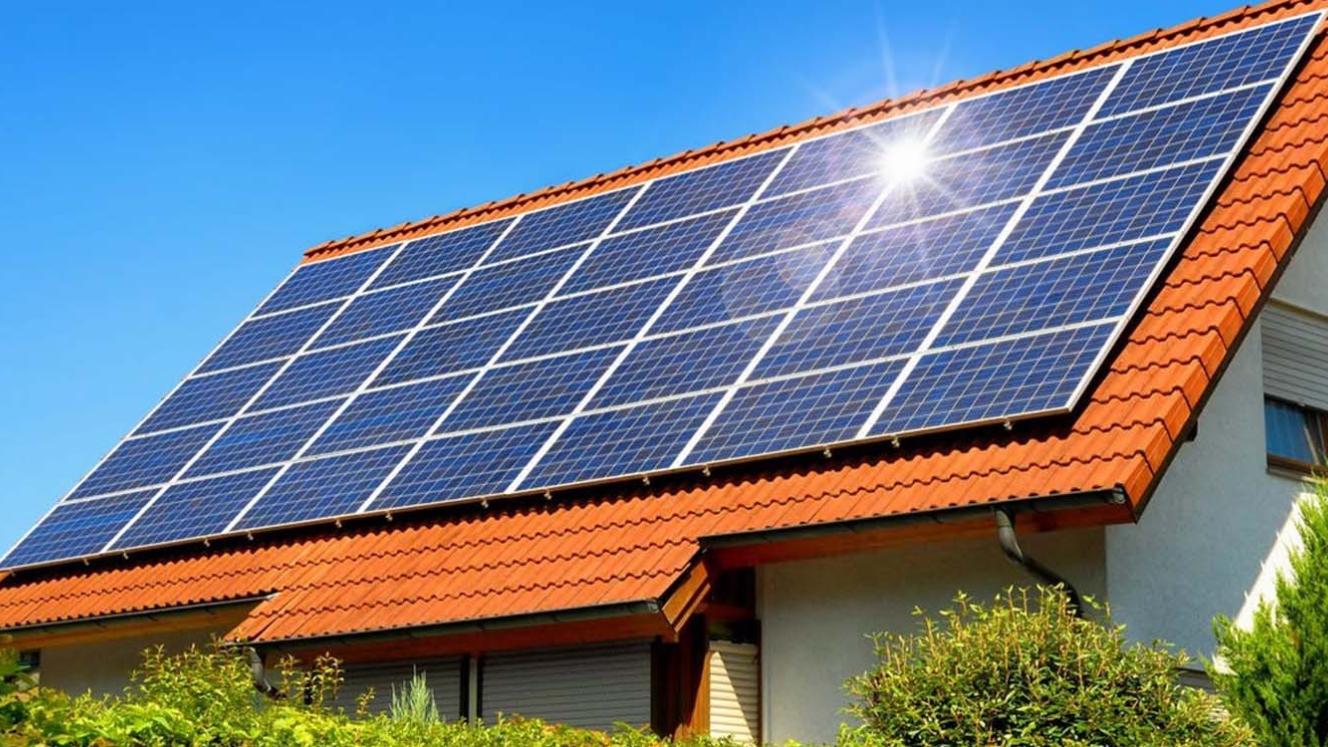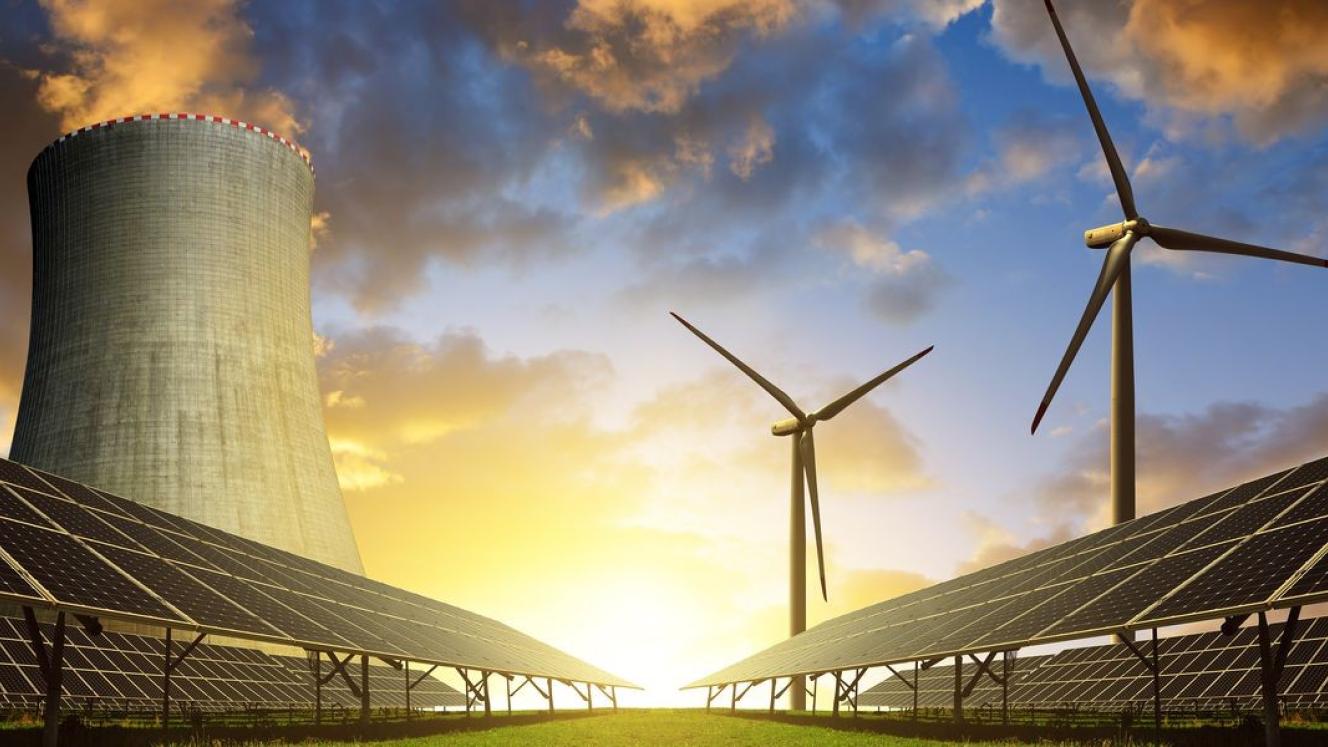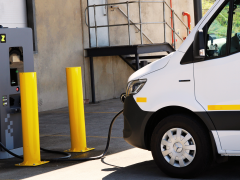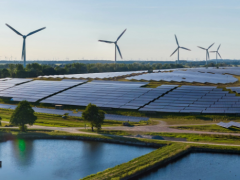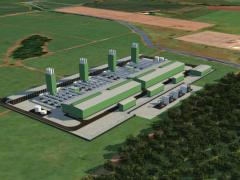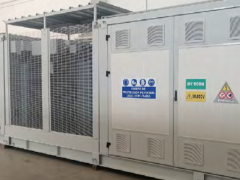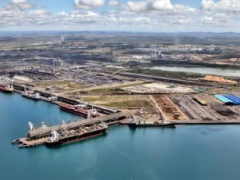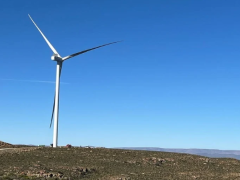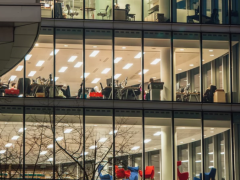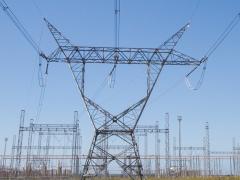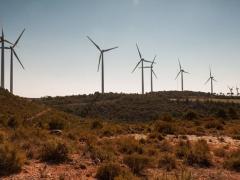This story has been updated to include the South African Renewable Energy Masterplan document.
Following Cabinet’s approval of the South African Renewable Energy Masterplan (SAREM) last week, the Portfolio Committee on Electricity and Energy raised a series of implementation-related questions during a parliamentary briefing on Monday, March 31, focusing on local inclusion, regulatory reform and environmental sustainability.
While acknowledging the plan’s collaborative development, Portfolio Committee members called on the Department of Mineral Resources and Energy (DMRE) to clarify how it would deliver practical benefits to communities and small businesses.
Local content and rooftop solar regulation
Committee members asked the DMRE to outline how it intends to ensure local communities and businesses participate in renewable energy supply chains. Concerns were also raised about regulatory hurdles that continue to limit the uptake of rooftop solar, particularly at residential level.
In response, DMRE officials said the department is reviewing current registration and licensing requirements and intends to pursue legislative changes to streamline processes for rooftop solar adoption. It also confirmed that targeted training programmes will be implemented to equip local communities with the necessary skills to participate in renewable energy projects, particularly in areas identified for industrial development and manufacturing hubs.
Waste management and life cycle planning
Portfolio Committee members also questioned the long-term sustainability of renewable energy technologies, including the disposal of used solar panels and batteries. In its response, the DMRE said it is working with industry stakeholders to establish a circular economy framework, covering decommissioning, recycling and end-of-life planning. It noted that research into innovative recycling technologies is underway and best practice guidelines will be developed to manage environmental risks across the renewable energy value chain.
Climate finance and interdepartmental coordination
The committee welcomed the DMRE’s ongoing engagements with the Department of Trade, Industry and Competition and the Industrial Development Corporation to align industrial policy and secure funding for renewable energy investments. The DMRE said this interdepartmental collaboration is central to achieving SAREM’s localisation and job creation targets.
SAREM is aiming to secure 14,4 GW of renewable energy capacity by 2030 and over 48 000 direct and indirect jobs through the localisation of solar, wind and battery components.
